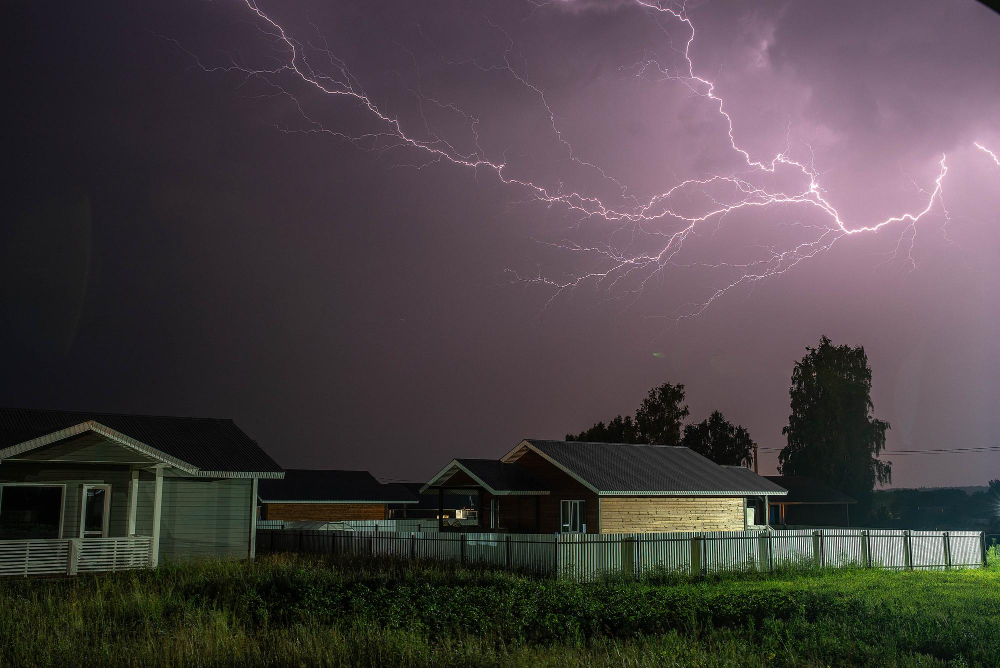 (888) 979-7969
(888) 979-7969
 (888) 979-7969
(888) 979-7969

Lightning strikes can cause significant damages, both to the structure and contents of your property. If your home or business has been affected by a lightning strike, you may be wondering how to file a claim with your insurance company. Dealing with insurance companies can be intimidating, and the process can be complicated and overwhelming. However, with the right guidance, you can ensure that you receive the compensation you deserve for lightning damages. In this blog, we'll discuss how to handle lightning damage claims with your insurance company.
The first step in handling any damage claim with your insurance company is to know your policy inside and out. The insurance policy you hold should provide detailed guidance on what is covered and excluded. Before filing a claim, you should read through your policy and understand your coverage limits, deductibles, and the type of damage that is covered. Moreover, understanding the claims process and the time limit for filing a claim can save you a lot of time and headaches.
Documenting the damages should be your next step. Take photos and make a detailed list of all the damages that have occurred. If possible, gather any receipts, invoices, and documentation that can help support your claim. Documenting the damage will help the insurance adjuster assess the extent of the damage and expedite the process. Do not throw away any damaged items, as the insurance adjuster may want to inspect them.
Once you have thoroughly documented the damage, call your insurance company and file a claim. Be prepared to answer specific questions on the extent of the damage, how it occurred, and any other relevant information. Your insurance company will assign an adjuster to work with you, investigate the damages, and determine the coverage payout. Make sure to ask for your adjuster’s contact information, and keep it handy, so you can contact them easily if needed.
It is essential to work closely with the assigned claims adjuster when it comes to seeking compensation for damages due to lightning strikes. Make sure to provide any requested documentation promptly. Your insurance adjuster will review your claim, visit the site to assess the damages, and document everything. They will then come up with an estimate for the cost of repairs and provide you with a report detailing the damage and the amount of compensation covered.
Once the claim process is complete, the adjuster will provide you with a settlement offer for the damage done. It is critical that you review the offer carefully and ensure that you are getting the compensation you are entitled to receive. If you agree with the report, you can opt for the settlement, and your insurance company will provide you with the payment. If not, you can choose to negotiate with your adjuster, or if need be, take legal action.
Dealing with insurance companies after a lightning strike can be challenging, but you can handle it with ease by following the above guidelines. Remember to document the damages carefully, know your policy, work closely with your adjuster, and review the settlement offer before settling. By following these steps, you can ensure that your claim is resolved efficiently, and you can move forward with repairing the damages. If you want to make sure you are getting the compensation you deserve, consider working with an insurance claims adjuster in Orlando, FL, such as Ultra Property Damage, for a stress-free claims process.